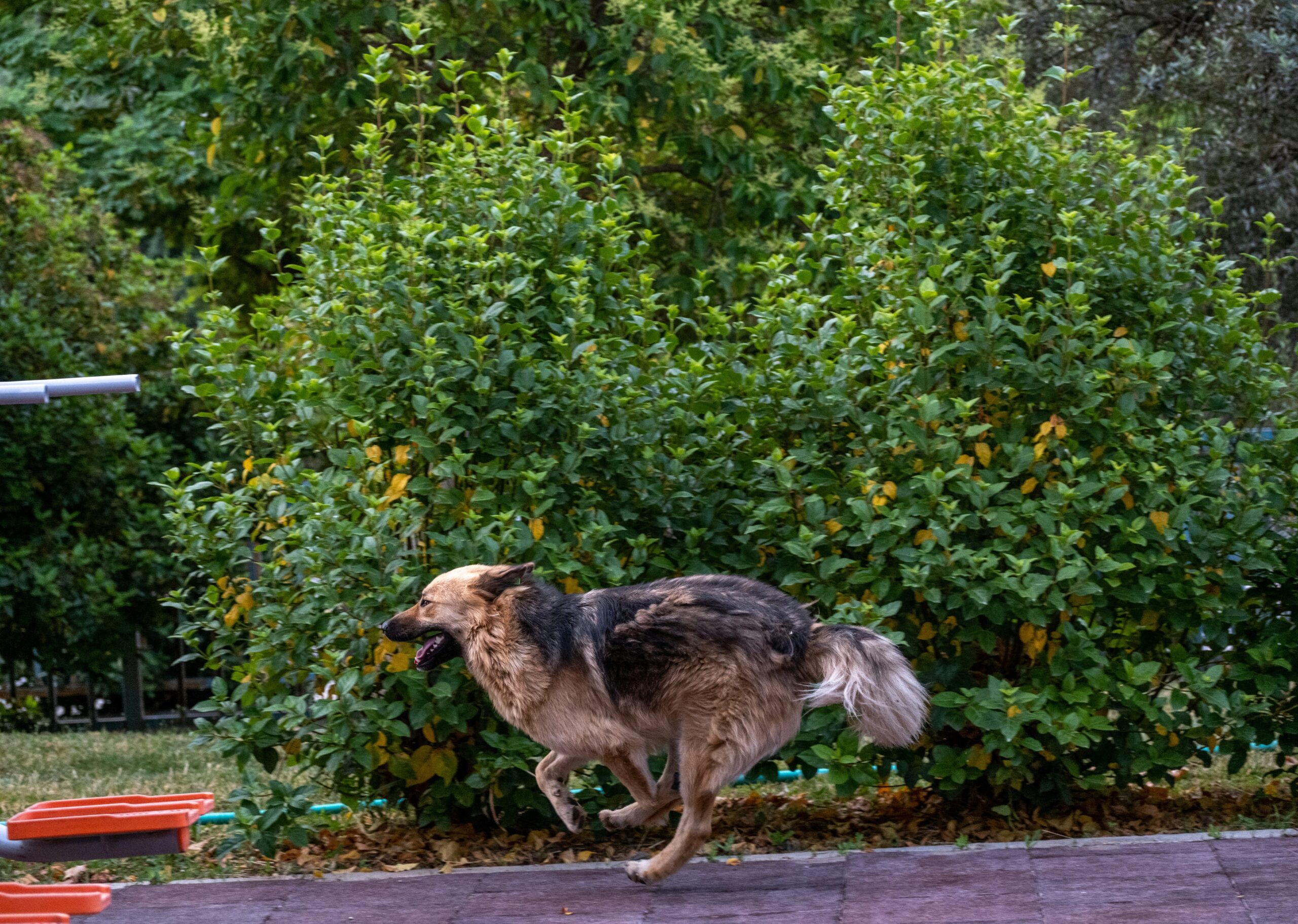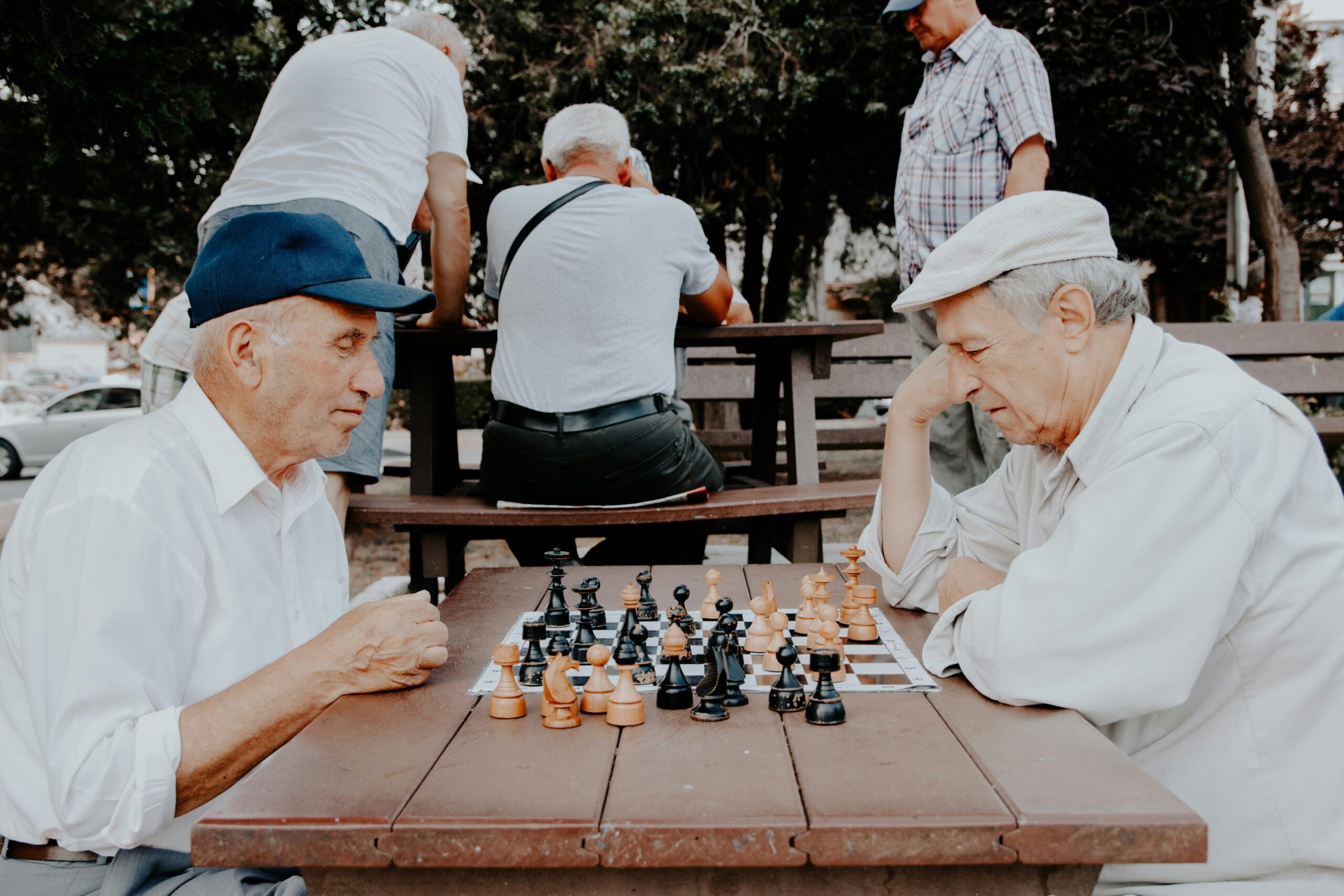“Ever wondered what happens to guide dogs after they retire? Do they binge-watch Netflix or take up painting? Spoiler alert: It’s a mix of both fun and functional activities.”
When a guide dog hangs up its harness, it’s not the end—it’s a new beginning. Post-retirement life is about transitioning from work mode to chill mode while staying healthy, happy, and engaged. Let’s dig into what post-retirement activities guide dogs can enjoy, why they matter, and how you can help your furry friend thrive in this exciting chapter.
Table of Contents
- Key Takeaways
- Why Post-Retirement Activities Matter for Guide Dogs
- Step-by-Step Guide to Building a Retirement Plan
- Tips for a Successful Transition
- Real-Life Stories of Retired Guide Dogs
- Frequently Asked Questions
Key Takeaways
- Post-retirement activities are crucial for physical and mental stimulation.
- A well-rounded routine includes playtime, socialization, and light training exercises.
- Maintaining vet check-ups ensures retired guide dogs stay healthy during their golden years.
- Adapting your home environment helps keep them comfortable and safe.
Why Post-Retirement Activities Matter for Guide Dogs
Optimist You: “They’ve earned relaxation—just let them nap all day!”
Grumpy You: “Ugh, fine—but ignoring enrichment will leave them bored out of their fur!”
Retirement doesn’t mean pressing pause on life—it means recalibrating priorities. For guide dogs, staying mentally sharp and physically fit remains vital for overall wellness. Without engaging activities:
- Their muscles may weaken due to lack of movement.
- Cognitive decline could accelerate without intellectual challenges.
- Behavioral issues might arise from unspent energy or boredom.

Alternative Text: A happy retired guide dog enjoying a game of fetch outdoors.
Step-by-Step Guide to Building a Retirement Plan
Step 1: Consult Your Veterinarian
Start by scheduling a comprehensive health check-up. This ensures any age-related conditions like arthritis or vision loss are addressed early.
Step 2: Create a Balanced Routine
Mix low-impact exercise (like short walks) with interactive play sessions. Introduce food puzzles or snuffle mats to challenge their problem-solving skills.
Step 3: Socialize Safely
Arrange playdates with other calm dogs to maintain social bonds. Avoid overly energetic pups that might overwhelm your senior.
Step 4: Provide Comfortable Spaces
Designate cozy corners with soft bedding, easy access to water, and minimal obstacles.
Tips for a Successful Transition
- Keep Commands Fresh: Even retired pros appreciate occasional obedience refreshers.
- Limit Stressors: Gradually reduce responsibilities rather than cutting them off entirely.
- Prioritize Nutrition: Switch to senior-specific diets tailored for joint support and digestion.
- Beware Overdoing It: While activity is good, pushing too hard risks injury.
Real-Life Stories of Retired Guide Dogs
Meet Max, an 11-year-old Labrador who traded navigating city streets for mastering agility courses scaled down for seniors. His owner shared, “Max loves learning new tricks—he even learned to ring a bell when he needs water!”
Another heartwarming tale comes from Bella, whose retirement included becoming a therapy dog for kids at local libraries. Her story proves post-retirement isn’t just about rest—it’s about purpose.

Alternative Text: Bella, a sweet golden retriever therapy dog, sitting beside a child as they read together.
Frequently Asked Questions
Q: How long do guide dogs typically live after retirement?
A: Most guide dogs retire around ages 8–10 and live until their mid-teens, depending on breed and health factors.
Q: Can retired guide dogs still perform basic tasks?
A: Yes! Simple commands such as fetching slippers or opening doors are great ways to keep them active and feeling useful.
Q: Is there financial aid available for caring for a retired guide dog?
A: Many organizations provide partial reimbursement for medical expenses. Check directly with the agency your dog served under.
Q: What’s one thing I should *never* do?
A: Never neglect regular dental care. Poor oral hygiene leads to infections that affect overall health—a terrible tip indeed!
Conclusion
From structured routines to playful adventures, post-retirement activities ensure guide dogs enjoy fulfilling lives beyond service. Remember: Aging gracefully is part planning, part patience, and entirely worth it.
Like a Tamagotchi, your guide dog’s happiness relies on daily care. Treat them right—they’ve earned every wag of their tail.


